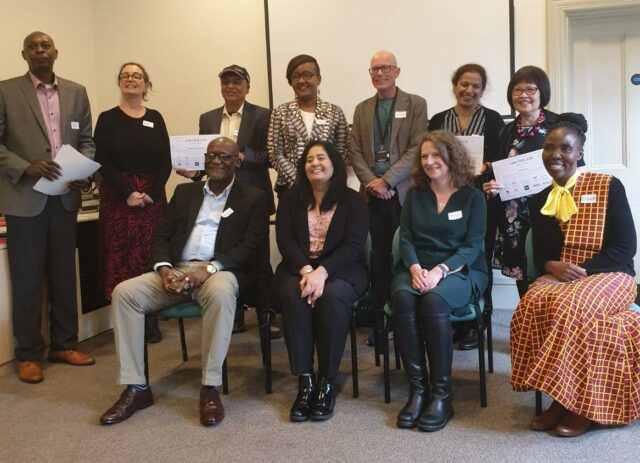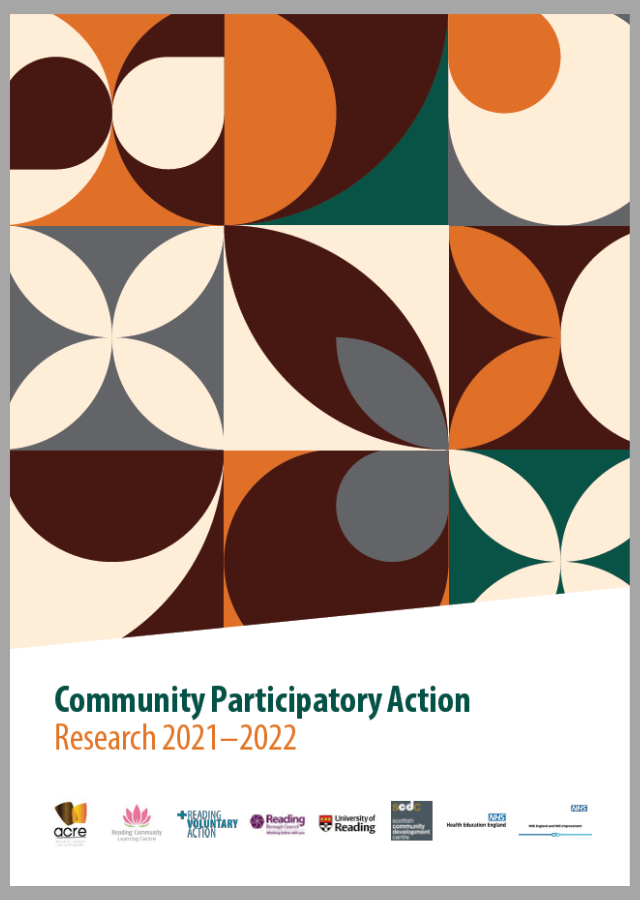A new report offers a series of recommendations for tackling health inequalities in Reading, including improving translation and interpretation services and engaging local community groups as partners in culturally-sensitive service design and delivery.
The recommendations are based on community-led research which evidences the striking inequalities facing minority ethnic people when accessing healthcare in Reading.
The research projects were designed and carried out by five community researchers – Evangeline Karanja, Donna Ma, Hemamalini Sundhararajan, Tariq Gomma and Krishna Neupane – supported by facilitator Dr Esther Oenga. The researchers were trained by the Scottish Community Development Centre in Community Participatory Action Research (CPAR), an approach grounded in principles of equal partnership, collaboration and community action.
Local organisations Reading Borough Council (RBC), Reading Voluntary Action (RVA), the Alliance for Cohesion and Racial Equality (ACRE), Reading Community Learning Centre (RCLC) and the University of Reading’s Participation Lab were the project partners.
The research was made possible by a programme from Health Education England South East which was designed to act on the recommendation from Public Health England’s report in 2020, Beyond the data: understanding the impact of Covid-19 on BAME groups to:
Support community participatory research, in which researchers and community stakeholders engage as equal partners in all steps of the research process, to understand the social, cultural, economic, religious, and commercial determinants of Covid-19 in BAME communities, and to develop readily implementable and scalable programmes to reduce risk and improve health outcomes.


